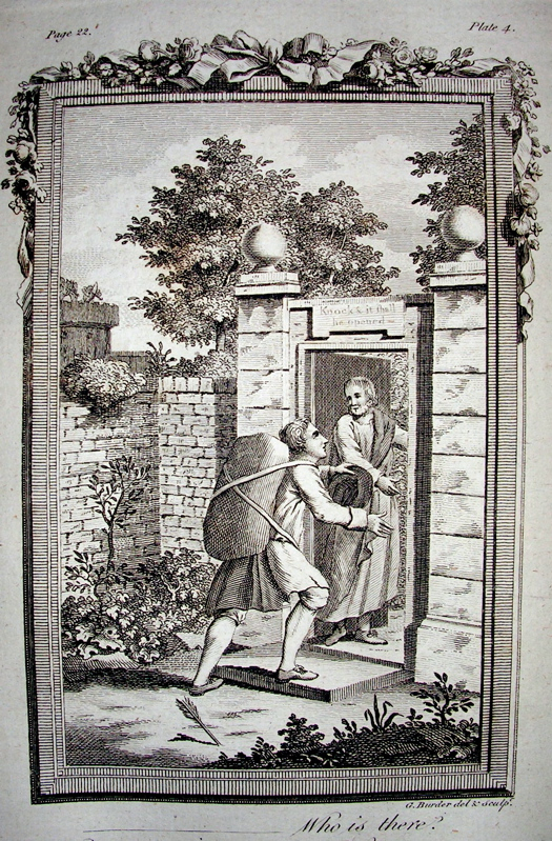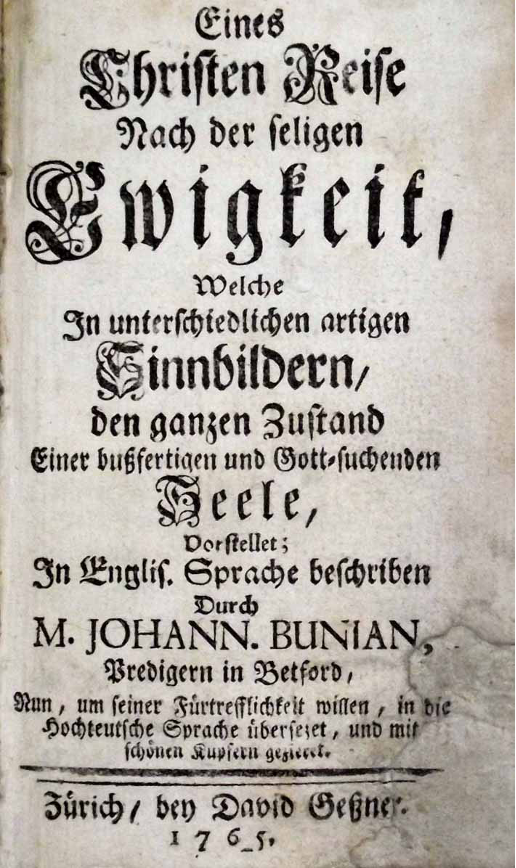The suffering person
(Poet's title: Der Leidende)
Set by Schubert:
D 432
[May 1816]
Part of The Theresa Grob Album
Nimmer trag ich länger
Dieser Leiden Last,
Nimm den müden Pilger
Bald hinauf zu dir.
Immer, immer enger
Wird’s in meinem Busen,
Immer, immer trüber
Wird der Augen Blick.
Nimmer trag ich länger
Dieser Leiden Last.
Öffne mir den Himmel,
Milder, güt’ger Gott!
Lass mich meine Schmerzen
Senken in das Grab.
Allzu viele Qualen
Wüten mir im Innern,
Hin ist jede Hoffnung,
Hin des Herzens Glut.
Öffne mir den Himmel,
Milder, güt’ger Gott!
Oh, I cannot bear it any longer,
The burden of this agony:
Take the tired pilgrim
Up to you quickly.
Narrower and narrower –
My bosom is increasingly constricted;
Duller and duller –
My eyesight is increasingly restricted.
Oh, I cannot bear it any longer,
The burden of this pain.
Open heaven for me,
Gentle, benevolent God!
Allow me to let go of my pains
And let them fall into the grave!
All too many torments
Are raging within me,
All hope has vanished;
The glow of my heart has been extinguished.
Open heaven for me,
Gentle, benevolent God!
All translations into English that appear on this website, unless otherwise stated, are by Malcolm Wren. You are free to use them on condition that you acknowledge Malcolm Wren as the translator and schubertsong.uk as the source. Unless otherwise stated, the comments and essays that appear after the texts and translations are by Malcolm Wren and are © Copyright.
☙
Themes and images in this text:
Breath and breathing Carrying a heavy burden Chest / breast Eyes Fire Graves and burials Hearts Heaven, the sky Narrow and wide Pain Pilgrims and pilgrimage Weight – light and heavy
For many English speakers the idea of a pilgrim being ready to lay down a heavy burden recalls the character of Christian in John Bunyan’s Pilgrim’s Progress (1678). There is no way of knowing if the author of ‘Der Leidende‘ was familiar with this text, but it was definitely available in a number of German translations through the 19th century. Even if there is a conscious reference to Bunyan, though, we have to recognise that the tone is very different from that of a Puritan allegory. The poet is more concerned with the reality of the suffering experienced by the speaker than with the prospect of salvation. For this persona death will offer the end of suffering rather than a more positive experience of an afterlife.
Nor is there any indication here that the burden or the load that the pilgrim has to carry is his own sin, it is simply the agony of human life itself. It might just be that the traditional poetic images about constriction (shortage of breath) and dullness of vision are actually specific details of physical infirmities. His burden will only fall when his body itself is lowered into the grave. There is no other hope.


☙
Original Spelling Der Leidende Nimmer trag' ich länger Dieser Leiden Last: Nimm den müden Pilger Bald hinauf zu dir. Immer, immer enger Wird's in meinem Busen, Immer, immer trüber Wird der Augen Blick. Nimmer trag' ich länger Dieser Leiden Last. Öffne mir den Himmel, Milder, güt'ger Gott! Laß mich meine Schmerzen Senken in das Grab! Allzu viele Qualen Wüten mir im Innern, Hin ist jede Hoffnung, Hin des Herzens Glut. Öffne mir den Himmel, Milder, güt'ger Gott!

